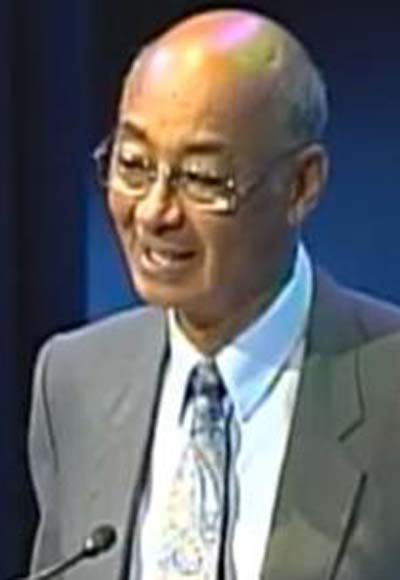The West Indies team has just won an exciting Test series against England. Resounding victories in Barbados and Antigua lifted the spirit of the Caribbean people and resurrected fond memories of bygone years when West Indies dominated world cricket. The team played extremely well and displayed a level of skill, confidence, discipline and motivation that surprised everyone. Some experts now feel that the team has turned the corner and has at last escaped from the failure spiral that limited its performance and stifled its natural talent.
This is an ideal time to build on that success and start a new growth curve for West Indies cricket. But can the leadership of CWI seize the moment and capitalize on it? The odds of doing so are not high.
For years, the leadership of CWI has failed to arrest the decline of West Indies cricket; the team still languishes near the bottom of ICC’s Test rankings. How then can we expect the leaders to reverse that decline and build a new growth curve? Reviewing past performance, one might very well ask if they possess the knowledge, understanding, expertise and motivation to do so.
In today’s complex, competitive and rapidly changing sports world the need for a higher level of thinking and for wiser, smarter and more intelligent leadership has never been greater. Without visionary, disciplined and self-confident leaders, organizations will not prosper; some of them might not even survive.
To build a new growth curve for West Indies cricket CWI will have to take its thinking and perception to a higher level. It will also have to undergo a thorough and honest self-examination, commit to structural and strategic reform and embark on a process of psychological renewal or psychological rebirth.
One can argue that visionary leadership and innovative thinking are two of the board’s outstanding weaknesses.
Albert Einstein highlighted the importance of those two factors in human performance when he said: “The world that we have created as a result of the level of thinking we have done thus far creates problems that we cannot solve at the same level as they were created.” If this is correct, CWI will have to elevate its thinking to a much higher level and refine its outdated perceptual skills to revive West Indies cricket.
Taking these factors into consideration, it might be unfair to ask the current leadership of CWI to handle these demands. Directing that request to a new set of leaders with the wisdom and capacity to tailor their skills and resources to fit those challenges might be a more sensible approach. Smart leaders know that the secret of the players’ success already lies within the players. One of the leaders’ first important priorities is the release and optimization of that inner resource. They understand that productive change usually takes place from inside out and not outside in. That is why it is very important for CWI to change itself before it starts to change other things.
CWI will do well to study the words of William James, a famous American psychologist: “The greatest discovery of our time is that man by changing the inner aspect of his mind can change the outer aspect of his life.”
CWI will soon be meeting to select its president and vice-president. Members are expected to support the positions of their regional boards. However, they must understand that they have a higher duty; a duty to millions of cricket supporters throughout the Caribbean. Board members should ask themselves the following questions: “Why does CWI exist? What does it stand for? What are CWI’s core values? Are these values aligned with the board’s strategies and performance, on and off the field? If the people in the Caribbean had to select the president of CWI, which member would they choose?”
It is imperative that members sacrifice personal needs and personal ambition for the common good. These conflicts of interests and values should be resolved before they cast their votes.
Here is an outline of some of the things that the new leader should focus on to revive West Indies cricket and build a new growth curve.
First, he should design an agenda for change that includes a clear and detailed vision of what West Indies cricket can be and should be. This vision should be clear to all stakeholders and should represent their legitimate interests. The agenda should also include an intelligent strategy to achieve that vision; a strategy that takes into account relevant organizational, political and environmental forces.
Second, he should build a strong implementation network that includes cooperative relationships with key sources of power, effective teamwork, and a highly motivated and disciplined core group of people committed to making that vision a reality.
Autocratic and self-directed leadership will not fit or achieve these criteria.
Millions of people in the Caribbean are praying for a change of leadership in West Indies cricket; a change that is at the top of the list of their first important priorities. Board members should not disappoint them.
Rudi V. Webster
February 13, 2019

